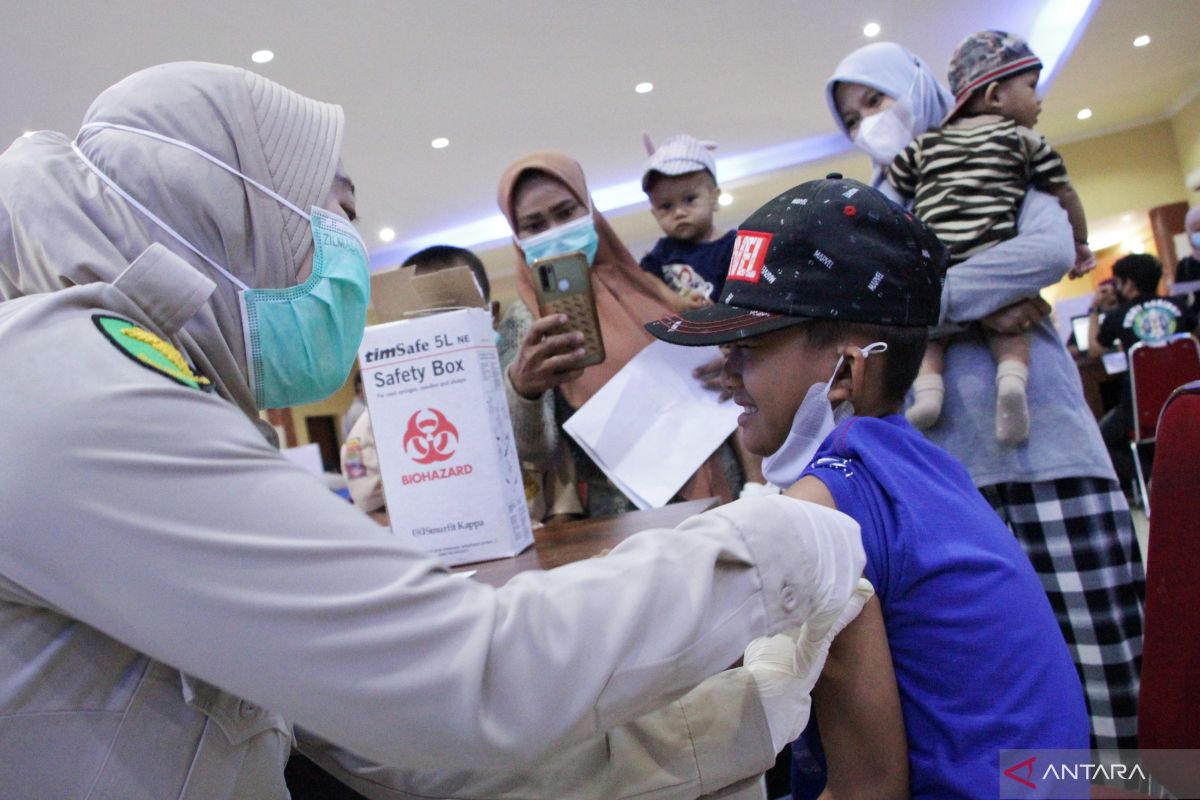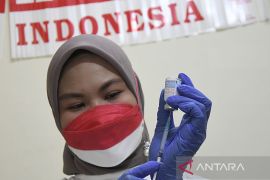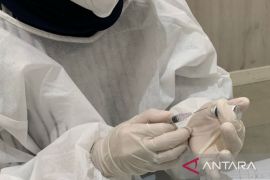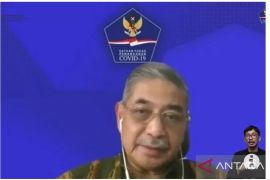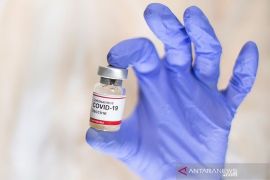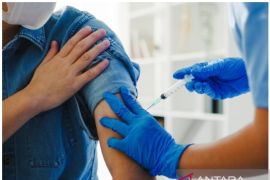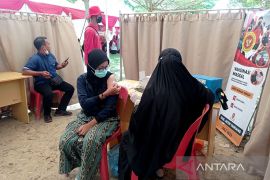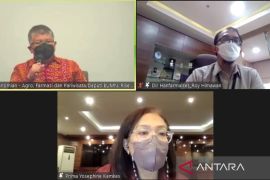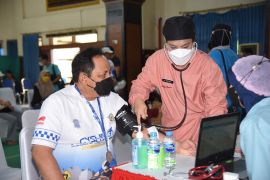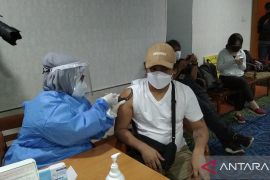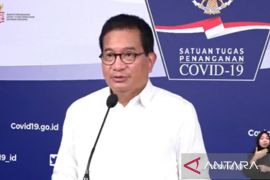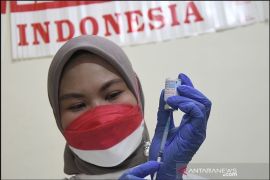The number of booster dose recipients on Tuesday increased by 87,587 from the previous day, taking the total tally to 50,220,477, or 24.1 percent of the 208,265,720 targeted residents.
Meanwhile, the number of residents who have received the second dose increased by 39,738 to reach 168,900,581, or about 80.1 percent of the targeted recipients.
The number of first dose recipients increased by 38,513 on Tuesday to reach 201,418,060, or 96.7 percent of the targeted recipients.
The government is continuing the implementation of COVID-19 immunization and encouraging people who have not received vaccinations up to the booster dose to visit vaccination service facilities.
The Task Force for Handling COVID-19 has emphasized the importance of vaccinations to increase immunity against COVID-19 and its variants.
The Indonesian Technical Advisory Group on Immunization (ITAGI) earlier said that booster vaccinations are important for the elderly to maintain their health in the long term.
"Studies by the World Health Organization (WHO) have shown that COVID-19 vaccination can reduce the incidence of serious illness, hospital admission, and mortality in the elderly," ITAGI Chairwoman Professor Dr. Sri Rezeki Hadinegoro noted.
The COVID-19 booster can be administered to people aged 60 and up after an interval of at least three months from the primary vaccination (first and second doses), she added.
Booster vaccinations can be homologous or heterologous, with vaccine regimens available in the field that have obtained an emergency-use permit from the National Agency of Drug and Food Control (BPOM) and are in accordance with ITAGI recommendations, Hadinegoro said.
A homologous booster vaccination uses the same vaccine as the primary vaccine platform type. For example, if the AstraZeneca vaccine is administered for the first and second dose, then it will also be provided as a booster.
Meanwhile, if a booster is heterologous, recipients get a different booster vaccine than the primary vaccine. For example, if they get Sinovac for the first and second dose, they may get AstraZeneca for the booster dose.
Booster vaccination is considered important for dealing with the coronavirus, which has continued to mutate. Health studies on the COVID-19 vaccine have shown that antibodies developed through primary vaccination decline within six months, Hadinegoro pointed out.
"This booster can increase antibodies, very significantly," she said.
Related news: Indonesia's booster dose coverage crosses 50-million mark
Related news: COVID-19 booster important for elderly health: ITAGI
Translator: Indriani, Azis Kurmala
Editor: Rahmad Nasution
Copyright © ANTARA 2022
